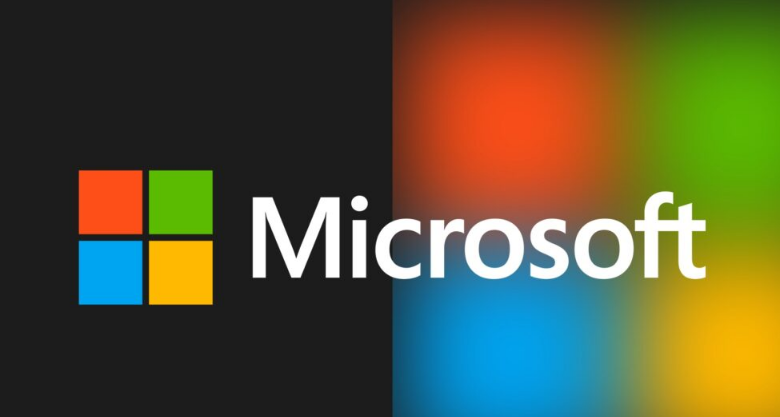
Microsoft partners with unions to discuss impact of AI
Microsoft has announced an alliance with a federation of 60 unions in the U.S. to create an “open dialogue” about the impact artificial intelligence will have on workers.
The agreement was reached with the American Federation of Labor and Congress of Industrial Organizations (AFL-CIO), made up of 60 unions, which together represent 12.5 million workers.
The alliance instituted three goals: to provide AI education for workers and students, to receive direct feedback from leaders and workers to develop the technology, and to collaborate with the creation of public policies to provide economic and professional support.
According to the Los Angeles Times, this is the first agreement between a tech company and a union on the impacts of AI. “By working with union leaders, we can help ensure that artificial intelligence will serve the nation’s workers,” said Brad Smith, president of Microsoft.
In addition to technology-related issues, Microsoft has also agreed to terms of neutrality regarding labor unions. This means that it pledges not to campaign against its employees’ organizing initiatives. The company had already done the same for Activision Blizzard employees.
AI can impact the job market
The recent (and rapid) evolution in artificial intelligence has led to concerns of all kinds, involving issues such as education, data privacy, misinformation, and even a possible extinction of humanity.
Labor market issues are also on that list. U.S. President Joe Biden included “support for workers” in the executive order with safety guidelines for the development of artificial intelligence.
According to a study by the International Labor Organization (ILO), a UN agency, “most jobs and industries are only partially exposed” to artificial intelligence, leading to a scenario in which technology should complement and not replace labor. The agency cites managers and salespeople as examples.
On the other hand, the most exposed jobs are “office” jobs, such as administrative tasks. In these cases, about 25% of the tasks can be automated.
“Our study should not be read as a reassuring voice, but rather as a call to harness policies to address the technological changes that are upon us,” the report says.




